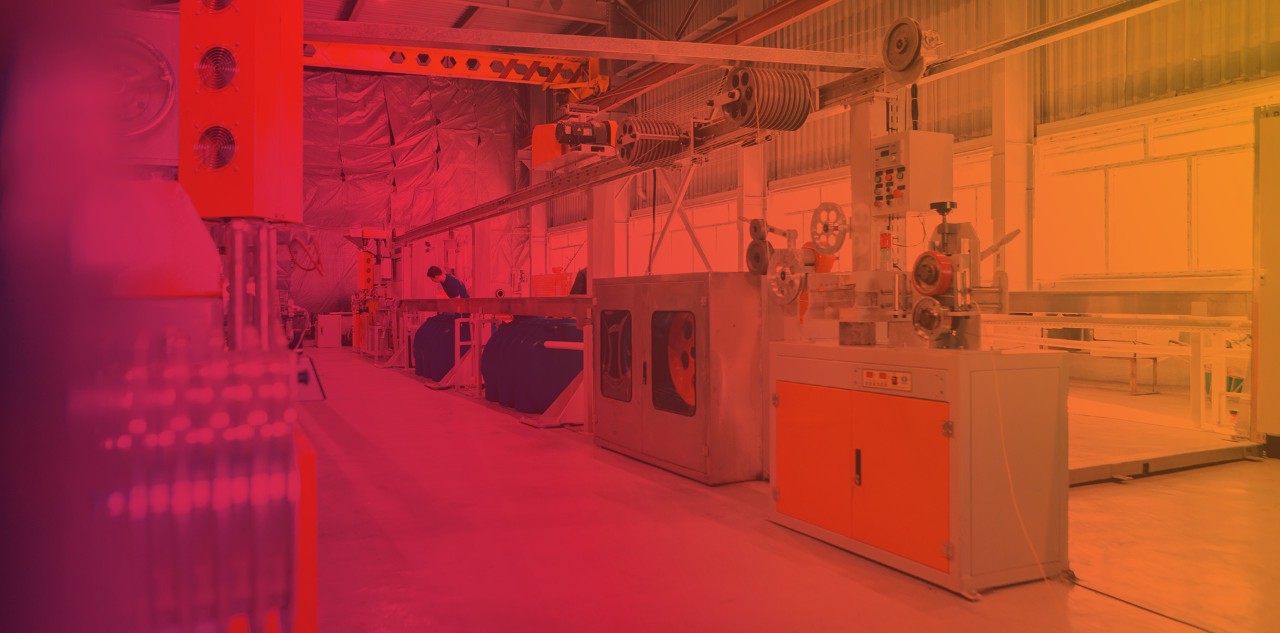Even though all companies operate differently, they all are uniformly challenged by the need for connectedness and the gateway to real-time insights or input across procedures, products, and people. This is where Smart Manufacturing comes into play. The manufacturing world is constantly changing, and you must be willing and open to investing in innovative processes to thrive. eCommerce continues to fuel many manufacturing processes, and we will talk about them in this article.
Click here to learn more about Stefanini’s Smart Manufacturing solutions!
Important Concepts
- The Industrial Internet of Things (IIoT) are a series of internet connected sensors and devices that enable further connections between people, data, and machinery during the manufacturing process.
- Artificial Intelligence (AI) is intelligence demonstrated by machines, enabling machines to carry out tasks that historically needed human intervention or intelligence.
- Smart Manufacturing refers to the combination of digital manufacturing innovations with the initiatives meant to promote them. It utilizes a series of technologies such as IoT, AI, cloud computing, network integration, and other technological systems that depend on digitization to increase production and competitiveness. Smart manufacturing can also be referred to as Industry 4.0.
- eCommerce denotes an electronic network or the internet to buy and sell goods and transmit data or funds. These operations can be done Business to Business (B2B), Business to Consumer (B2C), or consumer to business.
Applicable Cases of Smart Manufacturing
- Supply chain management: You can use smart manufacturing to leverage the supply chain management capabilities through insights, data visibility, and overall control.
- Predictive analytics: It allows you to use automated and streamlined solutions to predict the problems before they can happen. With such measures, you can come up with predictive maintenance.
- Asset optimization and tracking: It means using Industry 4.0 solutions to keep better inventory, maintain quality, and optimize logistic opportunities.
Ready to Improve Customer experience? Learn more about our Retail Industry Solutions here!
Top 4 Roles of eCommerce in Smart Manufacturing
1. eCommerce and Customer Experience
With digital technologies, customers have very high expectations, and the manufacturing sector is no exception. Today, more buyers will conduct business online rather than with a sales representative. All customers want to make hassle-free purchases, and there is no better way to attain that than integrating technological systems or digital transformation. They expect an automated, real-time, and flawless buying experience that remains personalized.
Consequently, if you aren’t applying automation, then the customer experience is being compromised. The companies that are working towards reshaping and enhancing customer experience can stay ahead of the curve. A company that offers customers a digital self-service platform attracts more customers/businesses than one that does not. It is more convenient. You need a digital presence to showcase your products and allow potential customers to discover your company.
2. eCommerce and Efficiency
Technology changes how a manufacturers operate. Automation is not only limited to machinery, but it also extends to internal processes. To remain more competitive, you need to invest in technology that can help you improve and optimize operations.
With eCommerce, you can speed up processing, reduce errors, and save yourself from unnecessary losses. With such a system, employees can easily navigate various processes. Updated information on stocks, delivery, and product information will be centralized. This means more efficiency. The workers will not be frustrated as they try to deal with conflicting information or wait for colleagues to work on updates.
An eCommerce platform eliminates unnecessary processes for order processing. A task that would probably need several people and more extended periods is done with just a click. With the Industrial IoT, you use Information Technology (IT) with Operational Technology (OT) to optimize manufacturing processes. Increasingly, decisions do not have to be made with human involvement as computers communicate with each other.
An Attractive Workforce
Efficient workers are critical for excellent service experience. Companies that invest in eCommerce solutions are more attractive to top talent workers and are better positioned to retain them. Investing in Industry 4.0 solutions boosts interdepartmental collaborations, enables analytics, and allows workers to leverage real-time data and AI. As a result, they become more assertive, able to make agile decisions, informed by data insights, as they manage their day-to-day responsibilities.
Supply Chain Management
Smart manufacturing addresses and helps maintain supply chain management issues. With predictive analytics, internet-linked machinery, automation, and real-time data, you can address potential problems before they magnify into more significant issues. Technology also helps to make smarter and faster decisions. With that, you can cut costs, boost your profits, and enhance growth. In addition, smart manufacturing optimizes retail logistics and payments systems.
With eCommerce, you can have a Make-to-Assemble (MTA) policy, stocking the essential components of a product. This is only done once a product’s demand arises or once an order is placed. This way, you minimize wastage, overstocking, and unnecessary expenditure.
Batch Processing
Smart manufacturing allows for batch production and processing. Often, the products created are superior in quality to those that are manually produced. Mass production requires the maintenance of strict standards that manual labor may not satisfactorily achieve, even where the raw materials used are similar.
How can Industry 4.0 Solutions transform your enterprise? Click here to find out!
3. eCommerce and Market Expansion
With a digital platform, you can significantly scale up your business’s offerings in a more cost-effective manner. As your business grows, manual manipulation becomes inefficient and can lead to other more significant risks in the long run. In addition, even simple tasks may prove needlessly complex when performed manually.
The use of Product Information Management (PIM) comes in handy. You have all your product information in one place, and with the help of automated processes, you can market them faster.
With the productivity you achieve, your business becomes more agile and proactive. Ultimately, you have the chance to serve more significant numbers in more locations and maximize the growth process.
4. eCommerce and Direct Consumer Sales
Digital commerce enables manufacturers to avail and sell online products to consumers directly. This is more beneficial than having to go through an intermediary. You are in charge of product branding, marketing, and how you deliver a product’s message. Furthermore, your product does not need to be in the same physical environment as your competitors. These direct transactions can create extra sales channels because eCommerce provides better purchasing experiences.
With eCommerce, you can bring forth the Make-to-Order (MTO) strategy. MTO is where you customize customer orders. A product is only manufactured once the order is placed. Specific requirements and preferences are highlighted, which means that the processing is centered on the consumer’s specifications.
The growing need for more personalized items is effectively addressed through direct customer contact. A digitized manufacturing platform can also provide a customer with insights about details such as real-time tracking, and this makes them feel more comfortable.
How can we make factories smarter? Click this link for tips and tricks!
Final Thoughts
The digitization of manufacturing industries has transformed production. Smart manufacturing focuses on improving manufacturing efficiency and on revolutionizing the entire business operations and growth. For manufacturers to stay afloat and remain competitive, they must embrace smart solutions, new technologies, and up-to-date working methods. Otherwise, they will lag behind.
Author’s Bio: Lori Wade is a writer who is interested in a wide range of spheres from headless eCommerce to web development and new technologies. If you are interested in the above topics, you can find her on LinkedIn. Read and take over Lori’s useful insights!




















